
Portrait of Abraham Galloway. Source: Public domain
During his 33 years, Abraham Galloway accomplished more than most. An abolitionist, a freedom fighter, a spy, a politician, according to Black Past, in 1857, Galloway hid in a boat and escaped from North Carolina for Philadelphia, at the same time escaping from a lifetime of slavery at the age of 19.
Galloway quickly rose in the abolitionist movement, traveling to Canada and Haiti, where he denounced the slavery of the American South. According to Black Past,
In 1861, Galloway began serving in the Union army as a spy for Major General Benjamin Butler. He was an advance supply scout who would reconnoiter Confederate territory prior to Union military action. He gathered much of his information from slaves he encountered while traversing the states of North Carolina, Louisiana and Mississippi. While scouting in Vicksburg, Mississippi, he was arrested and jailed but later escaped.
In 1863, he returned to the North, where he began recruiting Black men to enlist in the Union army. His efforts culminated in a meeting with President Lincoln on April 28, 1864, during which he argued for African American citizenship and suffrage in exchange for Blacks serving in the Union military. By the end of the Civil War, Blacks comprised 10 percent of the Union army. Read more.
Following the Civil War, Galloway returned to North Carolina, started a family, and, on October 17, 1868, was elected to the state senate as a Republican. According to Black Past, in 1869, Galloway was chosen as a presidential elector, becoming the first Black person to serve in the electoral college. The following year, Galloway was elected to the state senate for a second time.
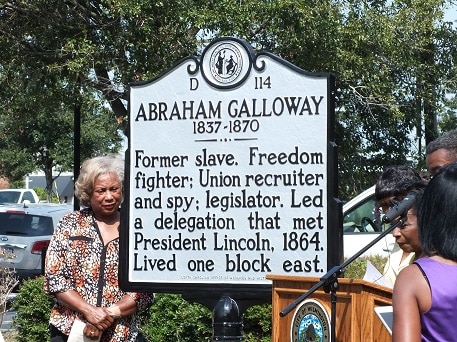
A marker commemorating Abraham Galloway. Source: Black Past
According to an article by Cameron Clinard, “When Galloway died in 1870, approximately 6,000 people attended his funeral. Newspapers at the time reported that it was the largest funeral in North Carolina history.”
Clinard continues,
Galloway was a war hero. He was a nationally known speaker. He was one of the first African Americans elected to serve in the North Carolina General Assembly. But check North Carolina history books, museums and classrooms from the 1900s into the 2000s and you will find hardly a whisper of one of the state’s most influential sons. Read more.
Additional Resources
Abraham Galloway (Civil War Era North Carolina)
Abraham Galloway (NCpedia)
Abraham Galloway is the Black Figure From the Civil War You Should Know About, an All Things Considered podcast with NPR’s Elizabeth Blair

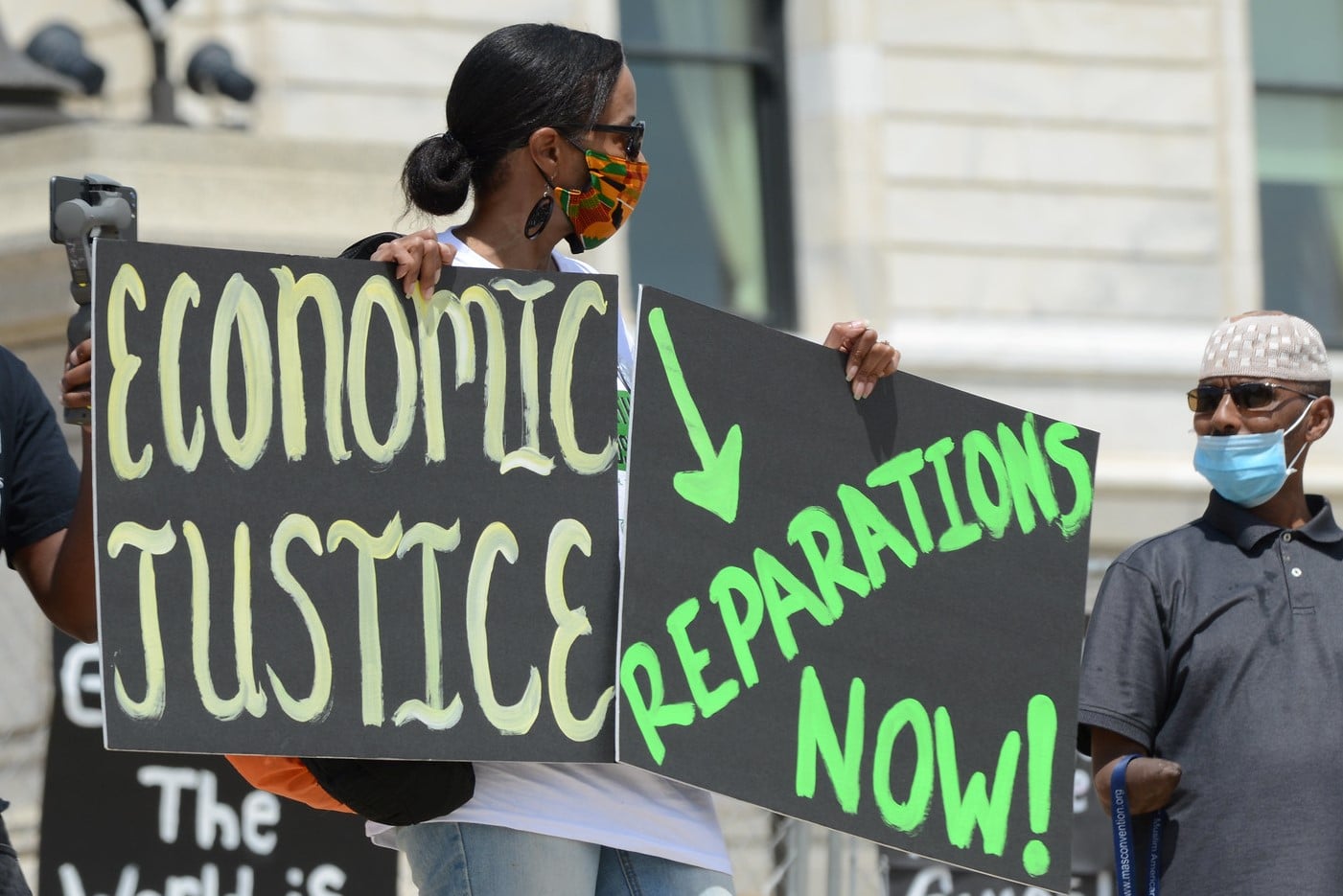
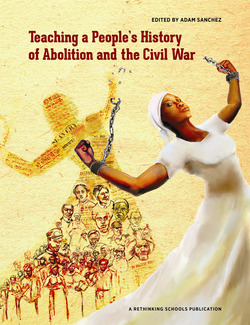
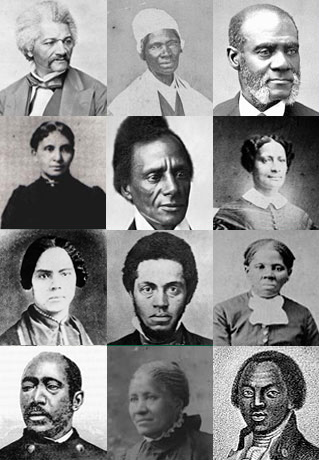
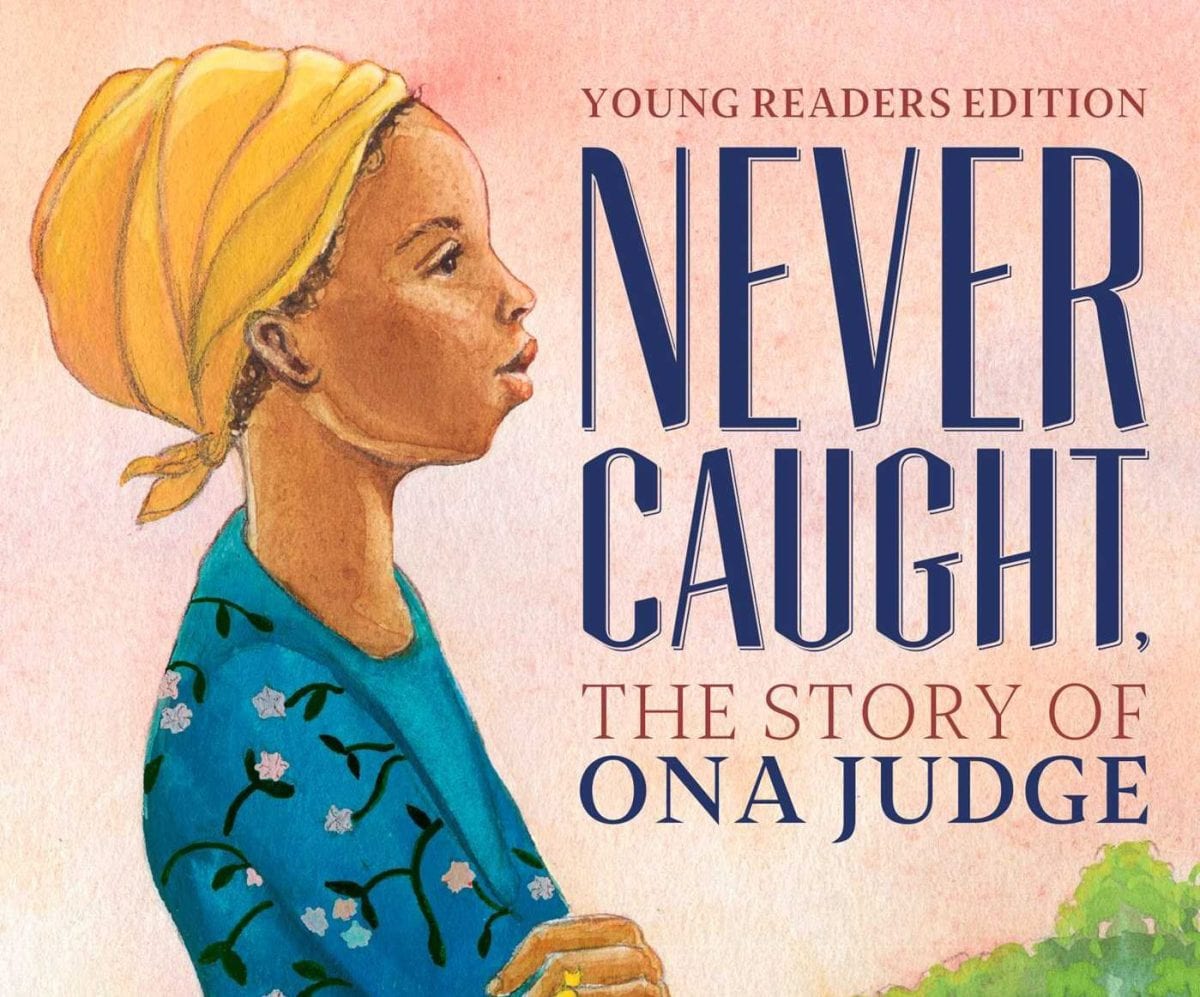
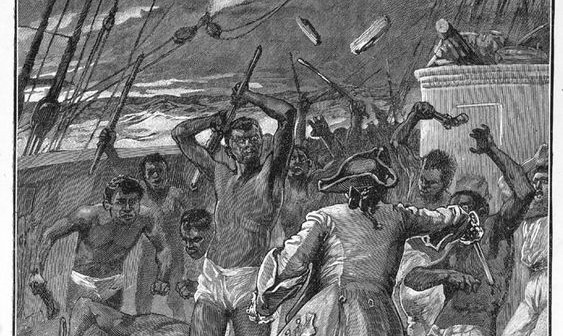
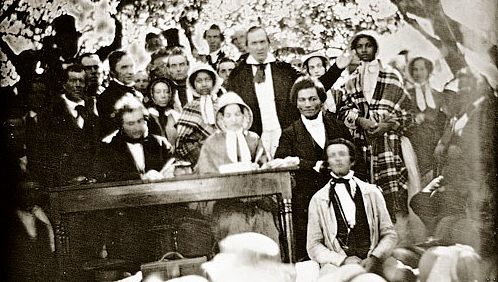
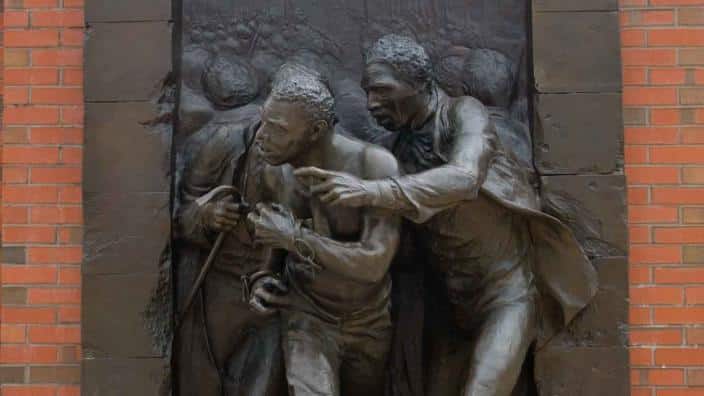
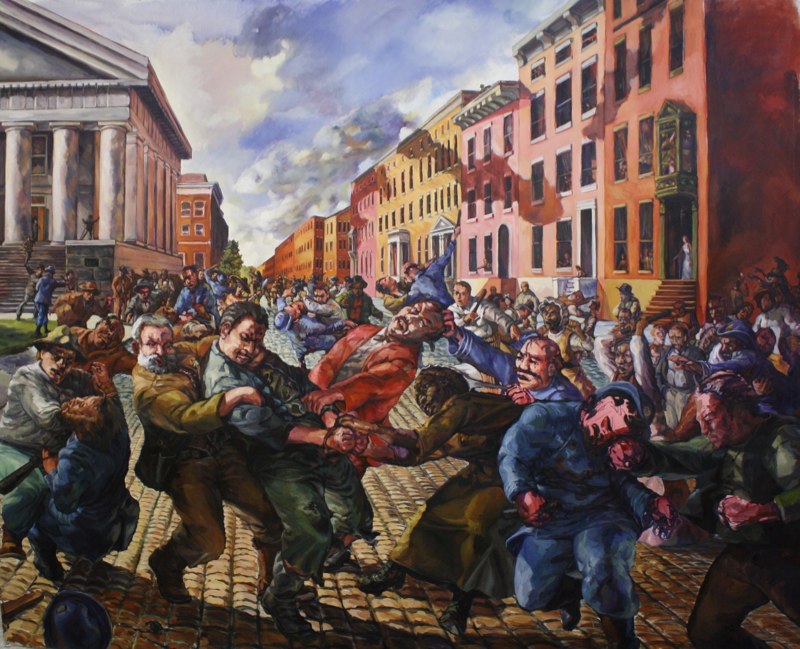





Twitter
Google plus
LinkedIn